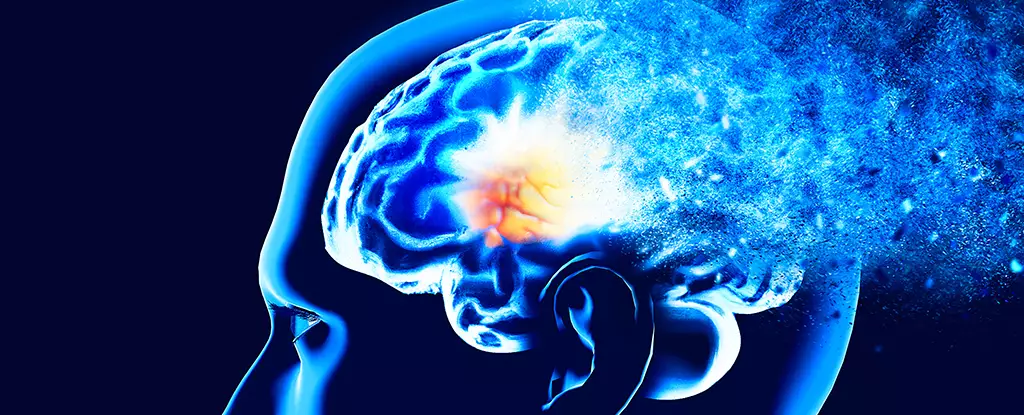Young-onset dementia (YOD) is frequently overshadowed by the more recognized types of dementia that primarily affect older adults. However, recent statistics underscore the alarming reality that hundreds of thousands of individuals under the age of 65 receive a YOD diagnosis annually. This demographic’s struggle with cognitive decline is often misunderstood, leading to a mixture of societal stigma and a lack of recognition for the unique challenges they face in their personal and professional lives. As the world ages and lifestyles evolve, addressing the myriad factors surrounding YOD is crucial for fostering a healthier future for all age groups.
A Breakthrough Study: Newfound Links to Lifestyle and Health
A landmark study conducted by a team of researchers in the UK and published in 2023 has found significant correlations between lifestyle and various health factors with the risk of developing YOD. Unlike previous studies that heavily emphasized genetic predisposition, this research sheds light on 15 different modifiable risk factors that could potentially mitigate the chances of developing this challenging condition. According to Dr. David Llewellyn, an epidemiologist from the University of Exeter, this represents a watershed moment in dementia research. His assertion that lifestyle changes may help reduce the risk of YOD presents a powerful and transformative perspective that cannot be overlooked.
The researchers analyzed a vast dataset involving 356,052 individuals under 65, a hefty sample size that lends credibility to their findings. Key factors linked to an increased risk of YOD included low socioeconomic status, social isolation, and physical health issues, such as diabetes and heart disease. These findings emphasize the intertwined nature of mental and physical health, reinforcing the idea that holistic wellness plays a pivotal role in cognitive function.
Deconstructing the Alcohol Paradox
The complex relationship between alcohol consumption and YOD deserves particular attention. For many years, alcohol has received criticism for its numerous health risks; however, this study indicates a nuanced relationship where moderate alcohol consumption may actually correlate with a decreased risk of dementia. This present a paradox: while alcohol abuse undeniably heightens risk, individuals who consume alcohol in moderation tend to be healthier overall, suggesting that their lifestyle choices may counterbalance the negative effects of drinking. This complexity raises questions about our understanding of behavioral risk factors and how they can diverge across different populations.
The Role of Education and Mental Health
The research also highlights the protective effects of higher education levels and physical strength against YOD. Those with greater educational attainment often enjoy better health literacy and access to resources, empowering them to make informed choices about their lifestyles. Furthermore, the ability to engage in regular physical activity as evidenced by sturdy grip strength not only benefits physical health but also serves as a critical factor in cognitive preservation.
Mental well-being is equally paramount. Chronic stress, loneliness, and depressive symptoms have long been recognized as detrimental to overall health. The study reinforces the necessity of nurturing mental health and fostering strong social connections, especially in a world where isolation and mental health issues are increasingly prevalent.
Transforming the Future of Dementia Research
This research doesn’t just enrich the scientific community’s understanding of YOD; it paves a path for actionable strategies to combat the condition. The results underline a hopeful perspective: dementia could be reframed not just as an inevitable decline, but a challenge that can be tackled through conscious lifestyle choices. While the links identified do not prove causation, they contribute to a more comprehensive understanding of how specific factors might interplay with cognitive health.
As society begins to appreciate the multifaceted nature of dementia, the narrative surrounding YOD will ideally shift from fatalism to empowerment. Policymakers, educators, and healthcare providers alike must leverage this information to advocate for health promotion strategies that prioritize lifestyle transformations. Encouraging individuals to adopt healthier habits could not only alleviate some of the burdens associated with dementia but also cultivate a culture of wellness where the potential for cognitive decline is actively minimized.

